
Table of Contents
ToggleBhaurao Shankar Lokhande Vs State of Maharashtra: Case Summary
Fact:
The appellant and the respondent were married in about in 1956 in accordance with rites applicable to the form of marriage. The appellant contracted a second marriage with a woman named Kamlabai in february 1962 during the subsistence of his first marriage.
The respondnet filed a complaint against the appellant, his brother and his second alleged wife, and her father, for the commission of offence under section 494 of IPC.
Issue:
1. whether it was necessary for the prosecution to establish that the alleged second marriage had been duly performed as per religious rules and customs.
2. Whether it was necessary for the commission of offence under section 494 IPC that the second marriage was valid one?
3. Whether the appellant be guilty of bigamy?
Ratio & Judgement:
It was alleged that the marriage between appellant and second wife was in gandharva form as modified by custom prevailing among maharashtrian that are ceremonies essential for the validity for marriage according maharashtrian’s Hindu law :
1. Invocation before sacred fire
2. saptapad
In the instant case, it was established that there two essential ceremonies were not perform at the time of second marriage and neither there was any evidence on record to establish that performing these ceremonies were abrogated by the custom prevalent in their community. Hence in regard to Q1 it follows that marriage between appalleant and the alleged second wife was certainly not performed in accordance to essential requirement of valid marriage under Hindu law.
As per section 17 of HM, the marriage between 2 parties is considered being void only in case the marriage is contracted after the commencement of the act and at the date of marriage, either party had a spouse living . According section 194 and 495 are to be applied. The word ‘solemnise’ means in connection to marriage “to celebrate the marriage with with proper ceremonies in due form.”
Prima facie the expression whoever marries must mean “whoever marries validly” or “whoever marries validly” or “whose marriage is valid.” In short, a marriage is not a valid one, its no marriage in the edge of law.
Thus in question 2 and 3 the marriage cannot be said as solemnised and therefore appellant cannot be held to have committed offence under section 494IPC.



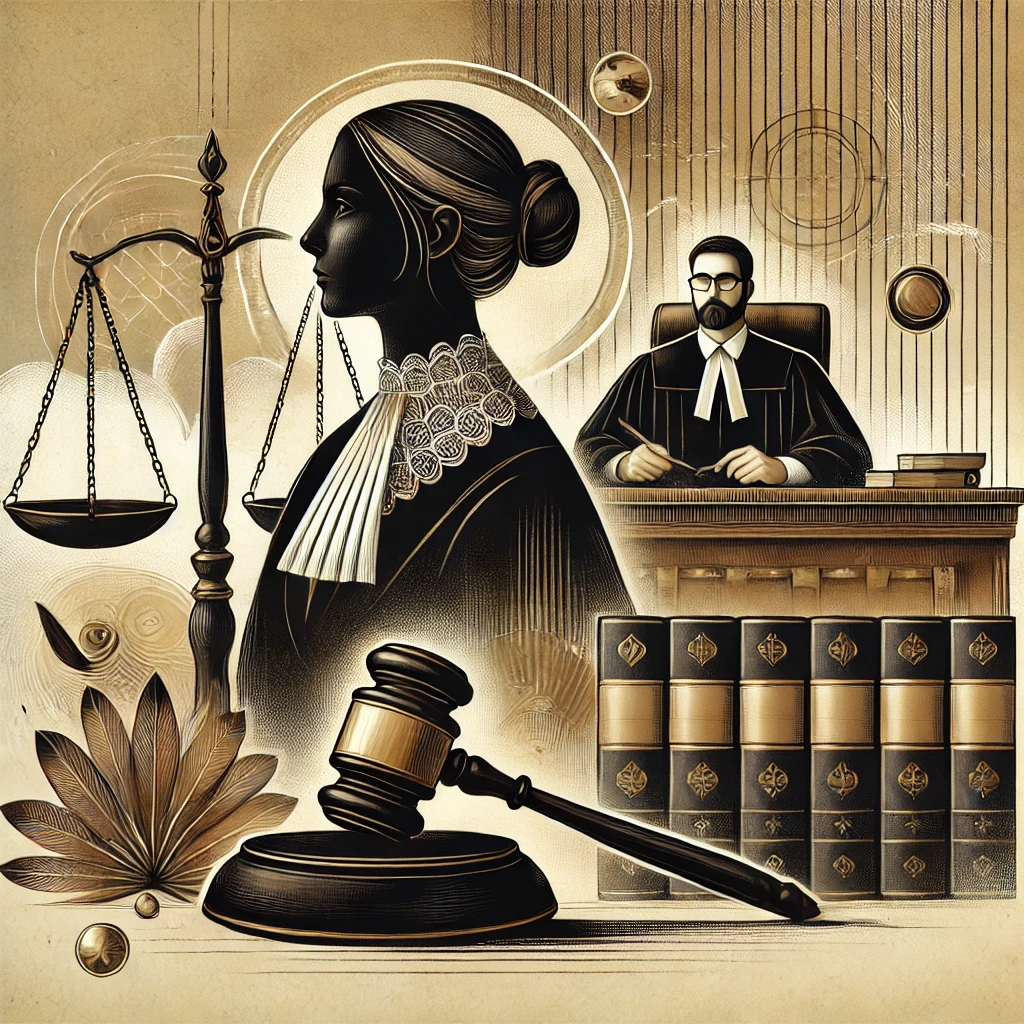




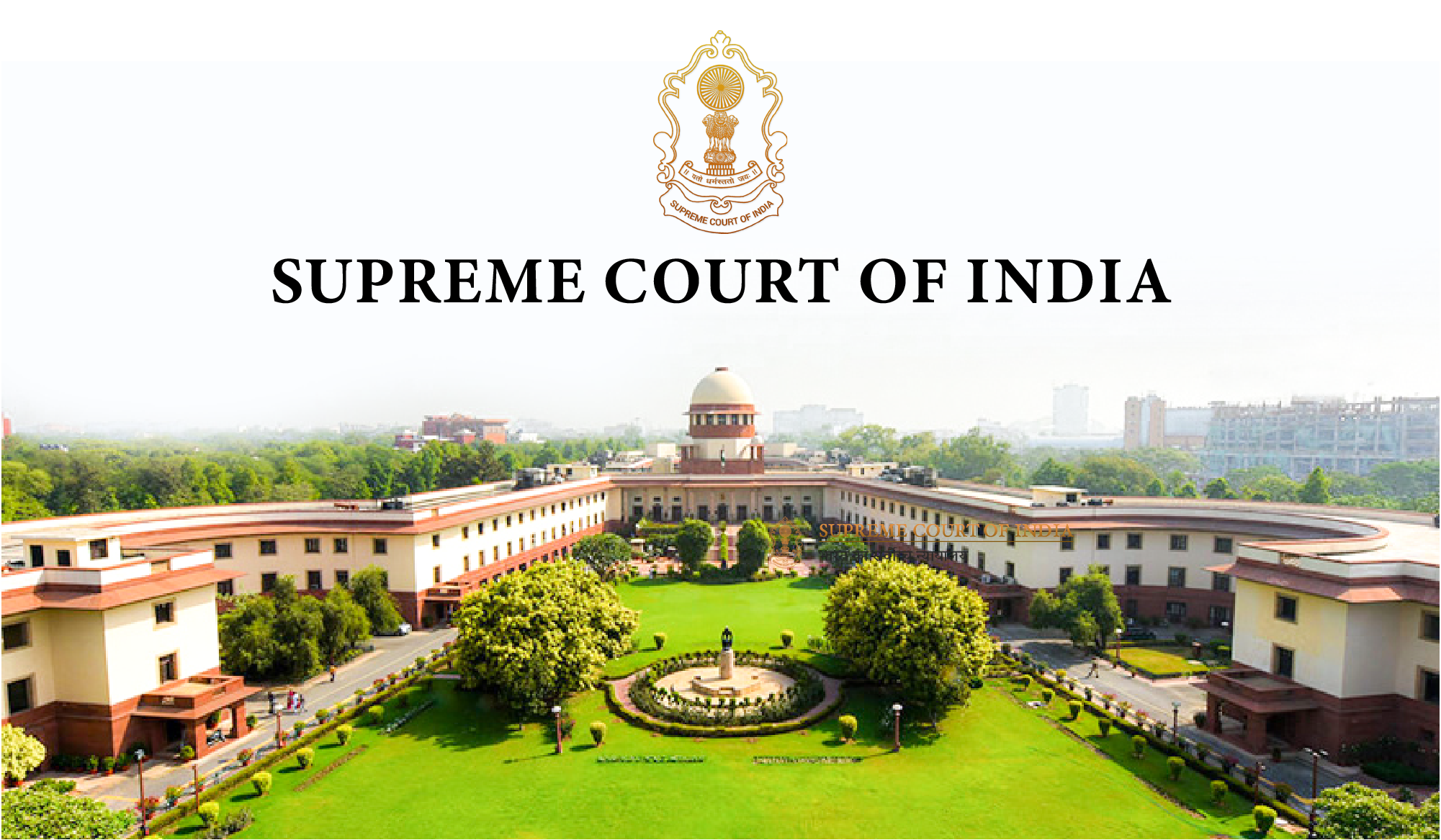
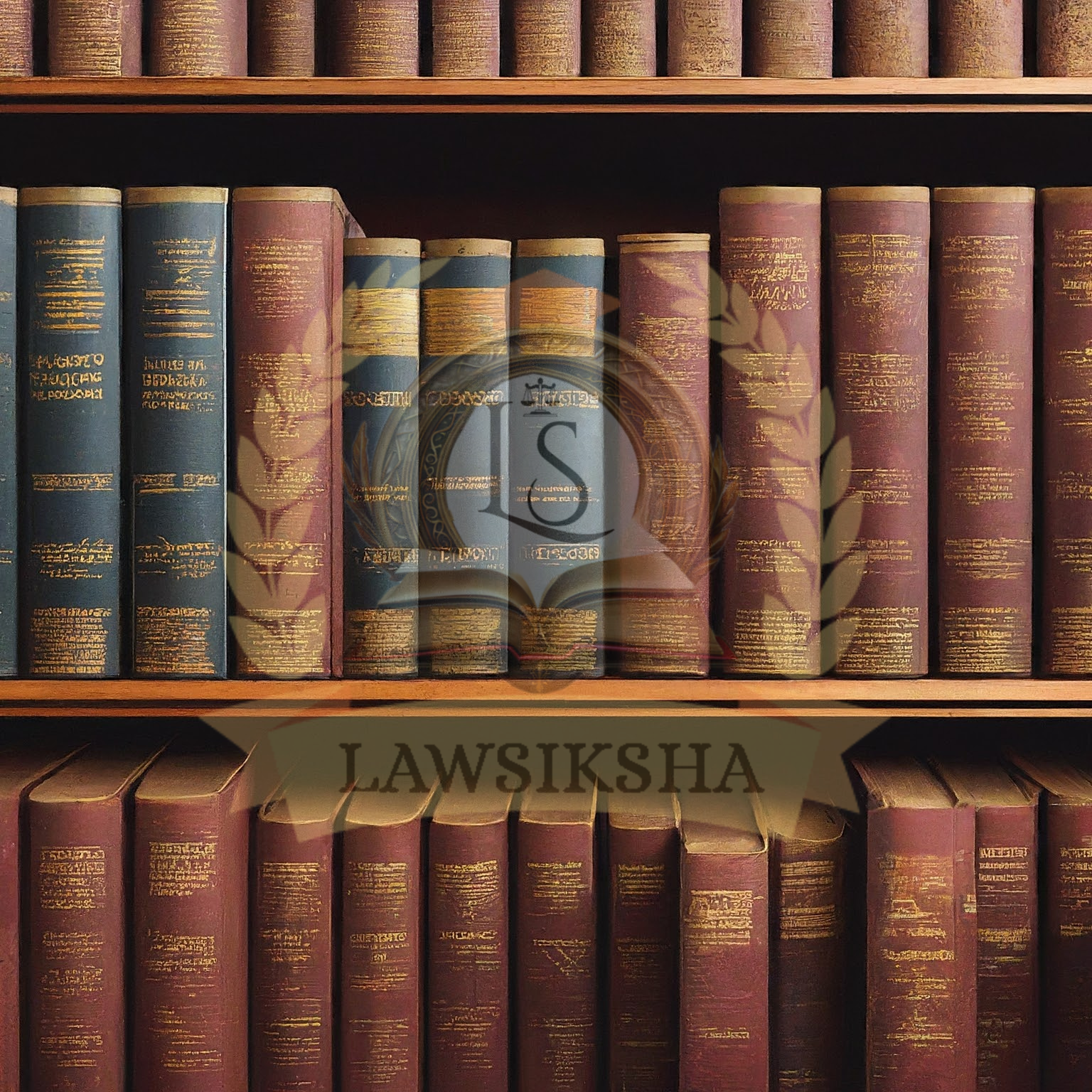
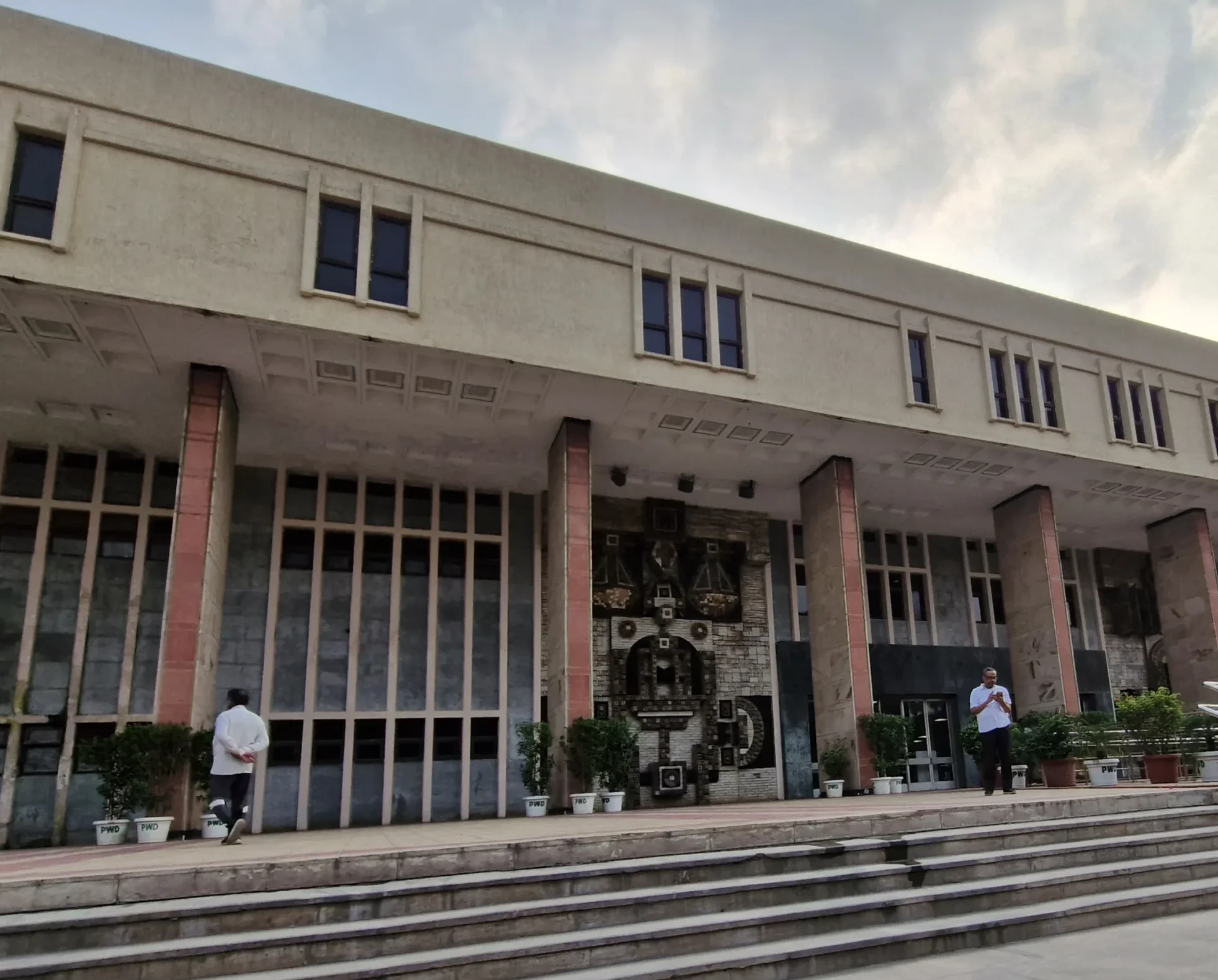
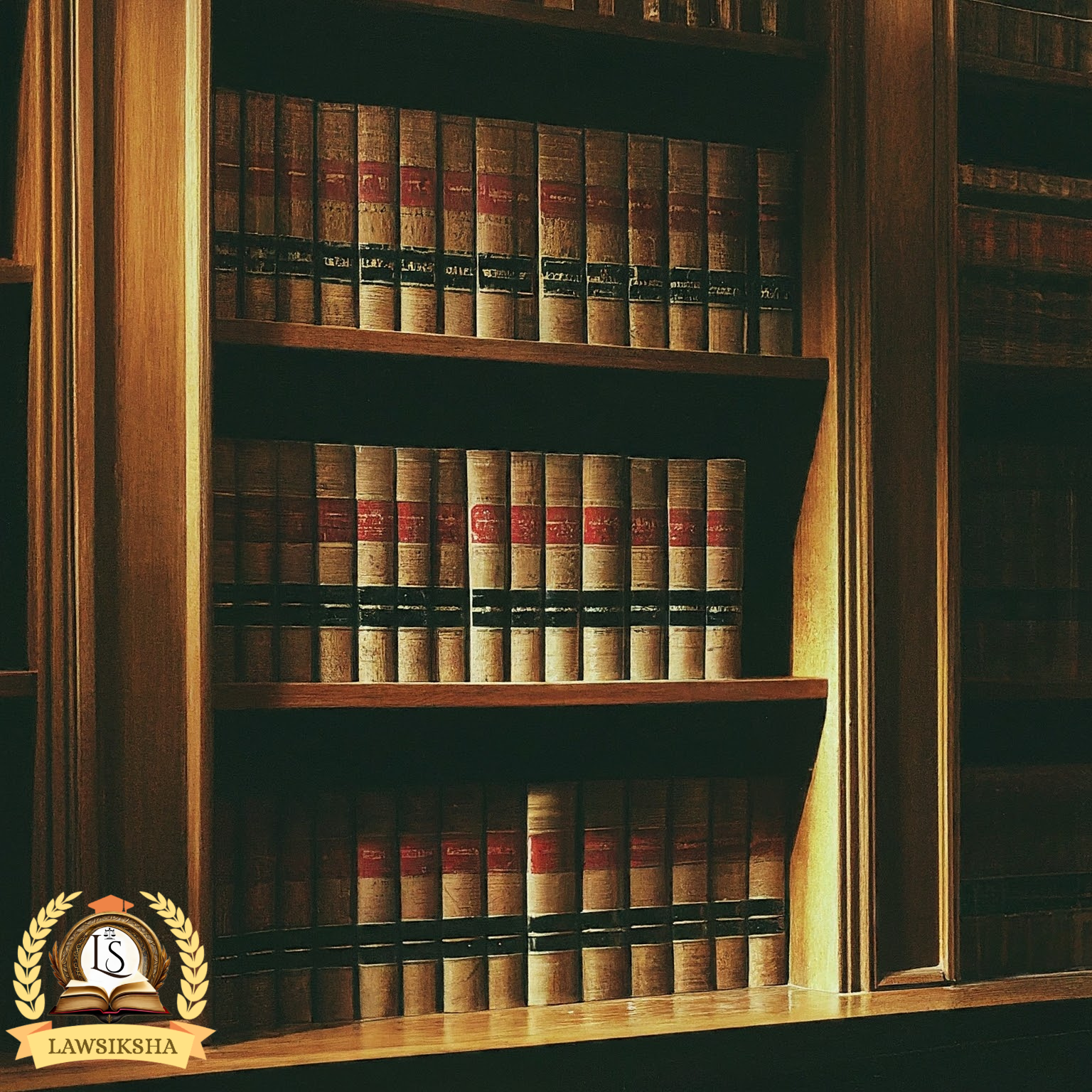
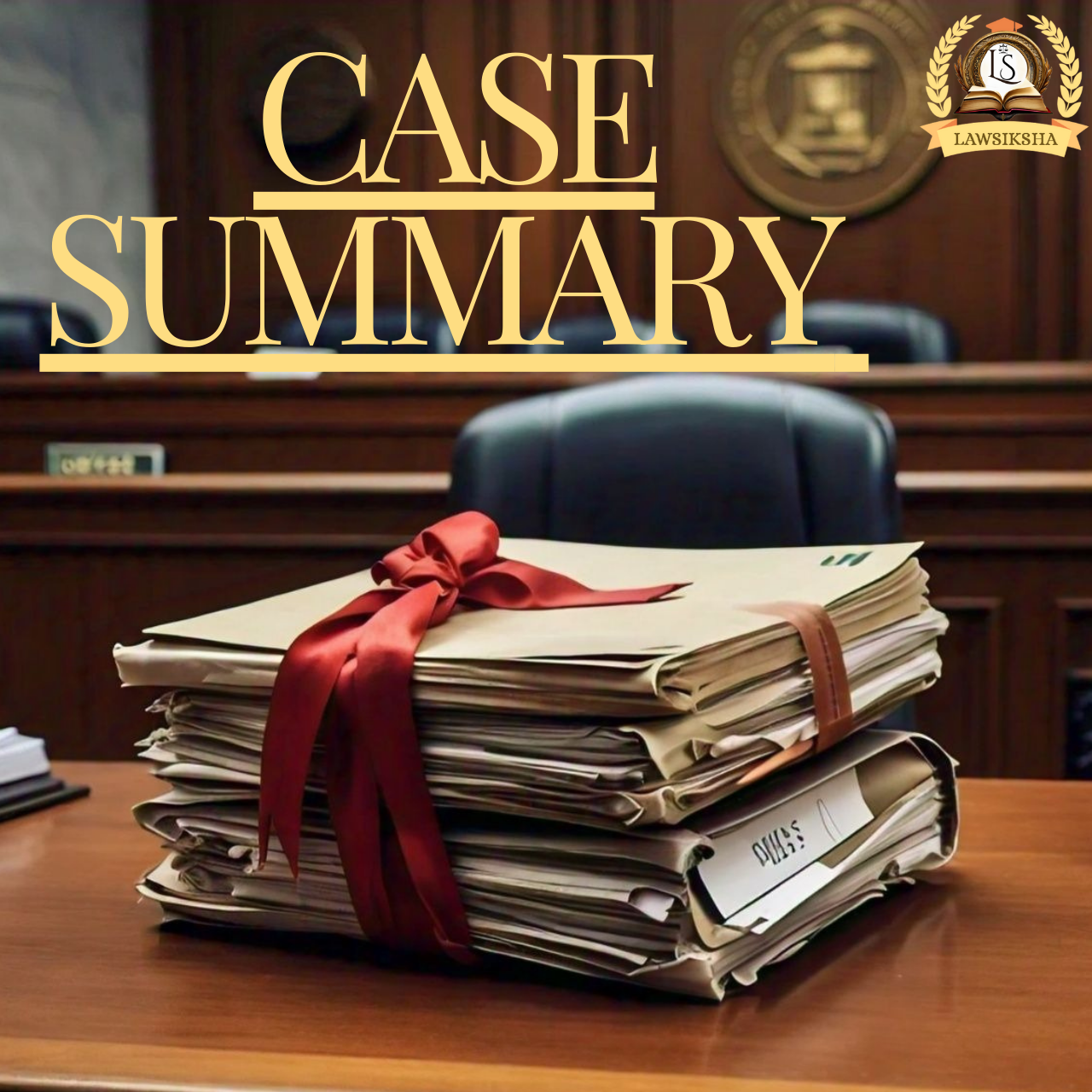
Leave a Reply